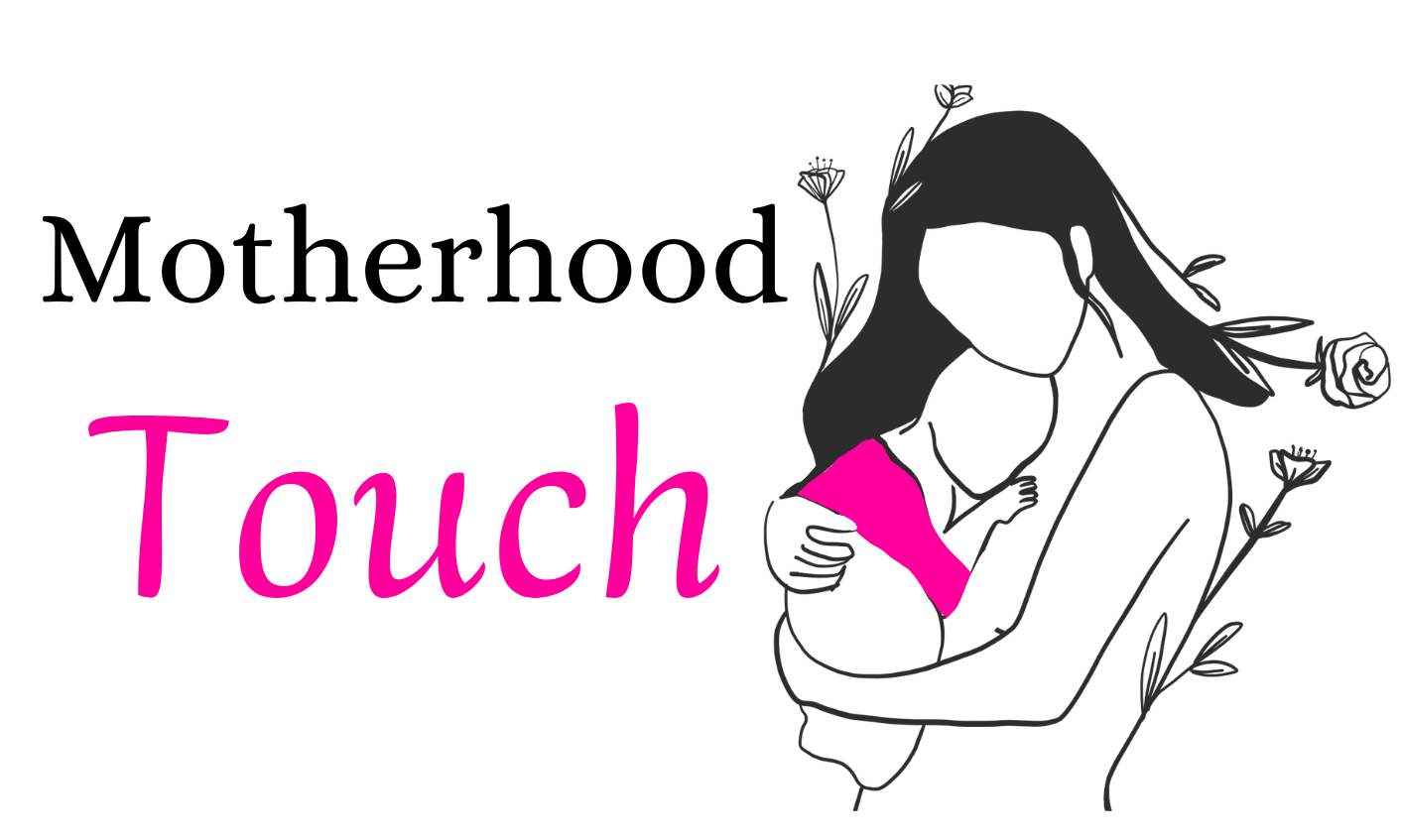Comprehensive Baby Care: Nurturing Your Little One in Every Way

When it comes to baby care, every parent knows that there is no one-size-fits-all approach. The needs of a baby span a variety of areas—from feeding and sleep to health and emotional well-being. In this post, we explore the many aspects of baby care, showing that taking care of your baby goes beyond just one topic. It’s about nurturing every part of their development and providing a safe, loving environment to help them grow.
1. Feeding: A Foundation for Healthy Growth
Whether you choose breastfeeding or formula feeding, the nutritional needs of your baby are paramount. Proper nutrition during the first few months lays the groundwork for their physical and cognitive development. It’s essential to ensure that your baby is getting the right balance of nutrients for healthy growth.
Quick Tips for Baby Feeding:
| Feeding Method | Key Benefits | Things to Remember |
|---|---|---|
| Breastfeeding | Provides essential nutrients, strengthens immunity | Breastfeed on demand, and ensure proper latch. |
| Formula Feeding | Convenient, provides a balanced mix of nutrients | Follow feeding guidelines and choose a suitable formula. |
| Introducing Solid Foods | Starts around 6 months, adds variety and textures | Introduce one food at a time and watch for allergies. |
2. Sleep: Establishing Healthy Sleep Habits
Baby sleep is one of the most discussed topics among parents, and for a good reason. Sleep is essential for your baby’s growth and development. Proper sleep habits can help your baby feel secure and rested, and they support cognitive and physical development.
Baby Sleep Facts:
| Age Range | Recommended Sleep Duration | Sleep Tips |
|---|---|---|
| 0-3 months | 14-17 hours per day | Create a calm sleep environment and establish a routine. |
| 4-11 months | 12-15 hours per day | Encourage naps and help your baby learn to self-soothe. |
| 1-2 years | 11-14 hours per day | Stick to a consistent bedtime and ensure a quiet, dark room. |
3. Health and Hygiene: Keeping Your Baby Safe and Comfortable
A significant aspect of baby care is keeping your little one clean, healthy, and free from harm. This includes regular check-ups, vaccinations, and maintaining good hygiene practices to prevent infections.
Basic Baby Hygiene Checklist:
| Area of Care | What to Do | Important Tips |
|---|---|---|
| Bathing | Bathe your baby 2-3 times a week or as needed. | Use mild baby soap and always test the water temperature. |
| Diapering | Change diapers frequently to prevent rashes. | Use gentle wipes and ensure the diaper is snug but not tight. |
| Hand Washing | Wash hands before feeding or after diaper changes. | Use soap and water to clean your hands thoroughly. |
4. Emotional Well-being: Bonding and Building Trust
Your baby’s emotional development starts early, and bonding with you is key. Creating a safe, loving environment where your baby feels secure will lay the foundation for a healthy emotional life.
Tips for Bonding with Your Baby:
| Activity | How It Helps | When to Start |
|---|---|---|
| Skin-to-Skin Contact | Encourages bonding and helps regulate baby’s body temperature | Immediately after birth |
| Talking and Singing | Builds your baby’s language skills and emotional connection | From the moment your baby is born |
| Cuddling and Holding | Provides comfort, warmth, and reassurance | As often as possible, especially during early months |
5. Milestones: Tracking Baby’s Growth and Development
Babies grow and develop rapidly in the first few years, and tracking their developmental milestones is an important part of care. Every baby reaches milestones at their own pace, but it’s helpful to be aware of general guidelines for development.
Key Milestones in Baby Development:
| Age Range | Milestone | What You Can Do |
|---|---|---|
| 0-3 months | Smiling, holding head up, beginning to focus on objects | Encourage tummy time, respond to their facial expressions. |
| 4-6 months | Rolling over, sitting up with support, babbling sounds | Encourage sitting with support, provide sensory toys. |
| 7-12 months | Crawling, standing with help, first words | Offer safe spaces to explore, encourage talking and communication. |
Conclusion:
Baby care is not a single subject; it’s a holistic approach to nurturing your baby’s growth in all areas. From feeding and sleep to emotional bonding and health, taking care of your little one involves attention to every aspect of their well-being. As a parent, it’s essential to stay informed, be adaptable, and provide a loving and supportive environment that fosters your baby’s development.

